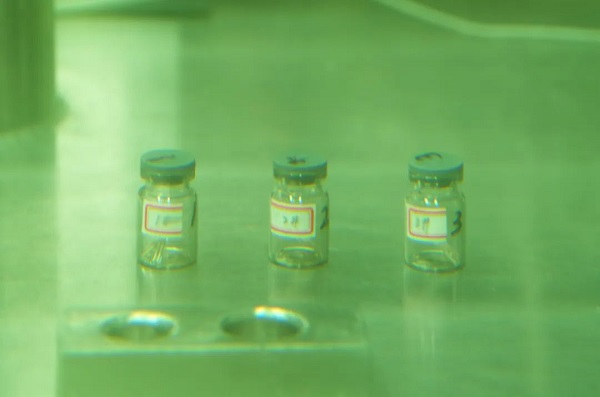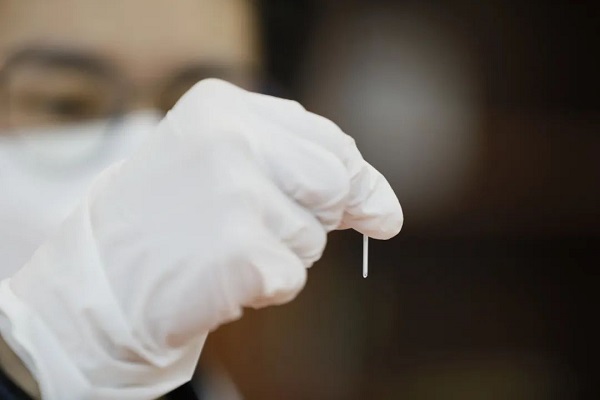Qinshan Nuclear Power Plant operated by the China National Nuclear Corporation (CNNC) has successfully discharged Yttrium-90 (Y-90) glass microspheres which were irradiated in the heavy water reactor. Testing confirmed that the specific activity and other parameters of the Y-90 glass microspheres met the requirements. The products have passed all relevant quality inspections, marking a breakthrough that fills the domestic gap in Y-90 production using commercial reactor irradiation. It is also a testament to China's mastery of large-scale Y-90 production technology.

Y-90 microspheres are hailed as a highly precise nuclear tool in interventional therapy for liver cancer. Theβ-rays they emit have an average penetration depth of just 2.5 millimeters in human tissue, allowing for highly targeted destruction of tumor cells from the inside out. Because the microspheres cannot pass through capillaries or veins, they cause minimal damage to healthy liver tissue and have become a core treatment option for medium-term and advanced liver cancer worldwide.
Y-90 microsphere therapy is an interventional procedure in which microspheres loaded with Y-90 are delivered to the liver artery via blood vessels, enabling precise treatment of liver tumors. Compared with conventional external radiotherapy, Y-90 microsphere intervention offers higher radiation doses, a smaller radiation field, and greater accuracy, significantly reducing harm to healthy tissues.

Nuclear medicine plays a vital role in cancer diagnosis and treatment. Leveraging its comprehensive nuclear medicine industry chain, CNNC is driving technological innovation to deliver safer, more accessible, and more widely available nuclear technology products and services for public benefit.
Capitalizing on the high neutron flux and stable continuous operation of its commercial heavy water reactor, Qinshan Nuclear Power Plant partnered with multiple research institutes and manufacturing units to launch a collaborative effort. From design and development to disassembly and testing, the teams have overcome numerous challenges through repeated experiments and refinements.
Qinshan Nuclear Power Plant is now working with partners to build a fully localized, end-to-end system covering isotope production, pharmaceutical development, and clinical application. Its "Hefu No.1" is also set to take on the large-scale production of several short half-life medical isotopes, including Lutetium-177, with capacity expected to meet domestic needs.

With the power of nuclear technology, Qinshan Nuclear Power Plant is lighting the way to hope for more patients and becoming a strong contributor to building a Healthy China.